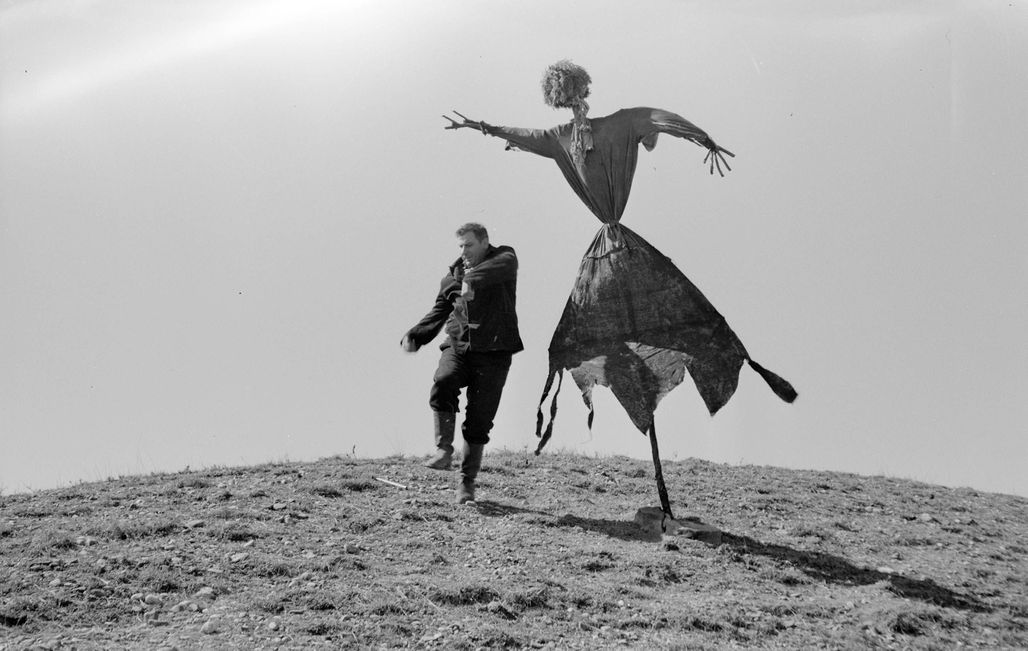
Tetri Karavani (The White Caravan), a pastoral vignette of Georgia

In 1963, Georgian directors Eldar Shengelaia and Tamaz Meliava co-directed Tetri Karavani (The White Caravan), a romantic drama in which a shepherd decides to strike out in the city with his beloved. A subtle immersion in the 1960s Georgian countryside, the film won the Lenin Komsomol Prize in 1967. Cannes Classics brings viewers an opportunity to revisit a restored copy of this masterpiece of Soviet film in the company of Eldar Shengelaia himself.
After screening a restored copy of Blue Mountains in 2014, Cannes Classics once again pays tribute to Georgian filmmaker and politician Eldar Shengelaia with Tetri Karavani (The White Caravan), in which the director homes in on the everyday lives of a group of shepherds as they guide their flocks to winter pastures. Leading the way is Martia, whose son Gela dreams of a better life in the city with Maria, the fisherman's daughter he falls in love with. Gela decides to move away, cutting his ties with his traditional life, while feeling haunted by the potential repercussions of his decision. But when he hears that Martia has died in an attempt to save a flock of sheep caught in a storm, the guilt proves too much, and Gela returns to his roots.
In a series of sumptuous wide shots of the Georgian countryside, Eldar Shengelaia and Tamaz Meliava track the flocks' winter crossing to the fields that lie on the shores of the Caspian Sea, unveiling the psychological troubles that arise from the shepherds' solitude, and their reluctance to continue such arduous work.
In doing so, the directors offer up a contemplation on human morality and the social difficulties of everyday life, a theme that harks back to the concepts examined in bureaucratic satire Blue Mountains (1983).


